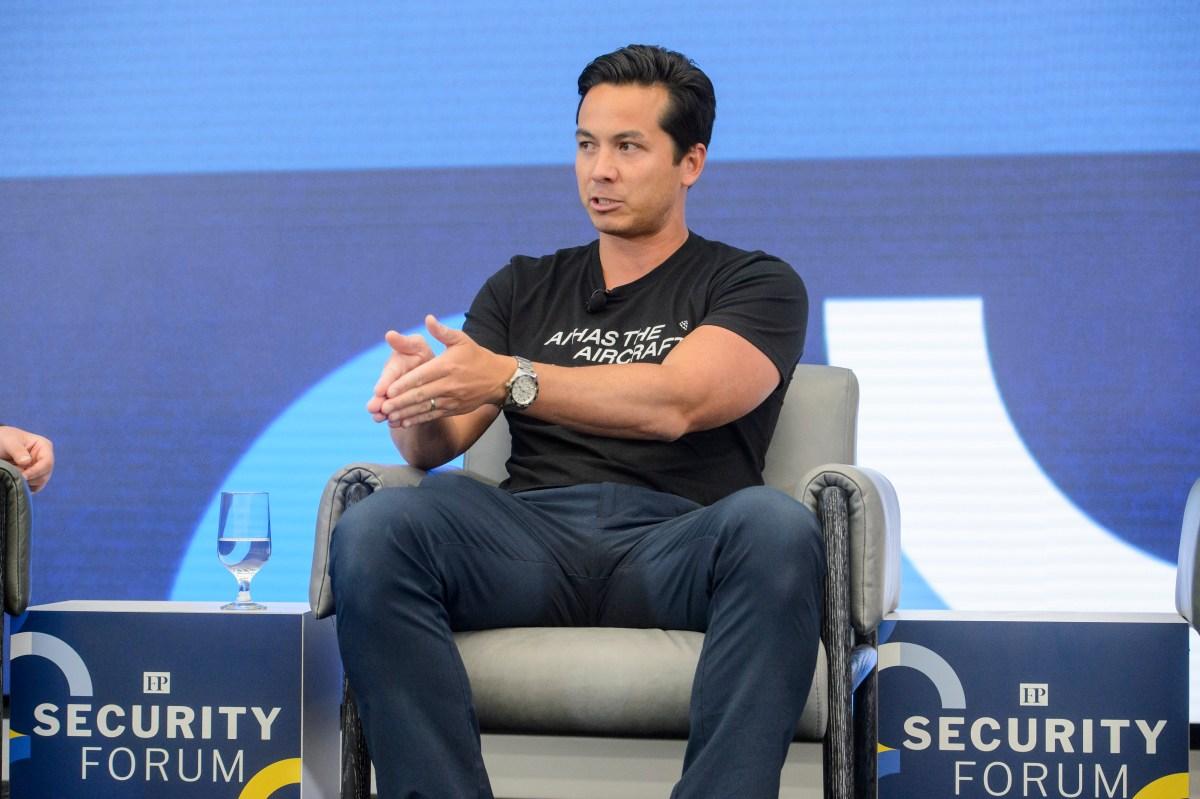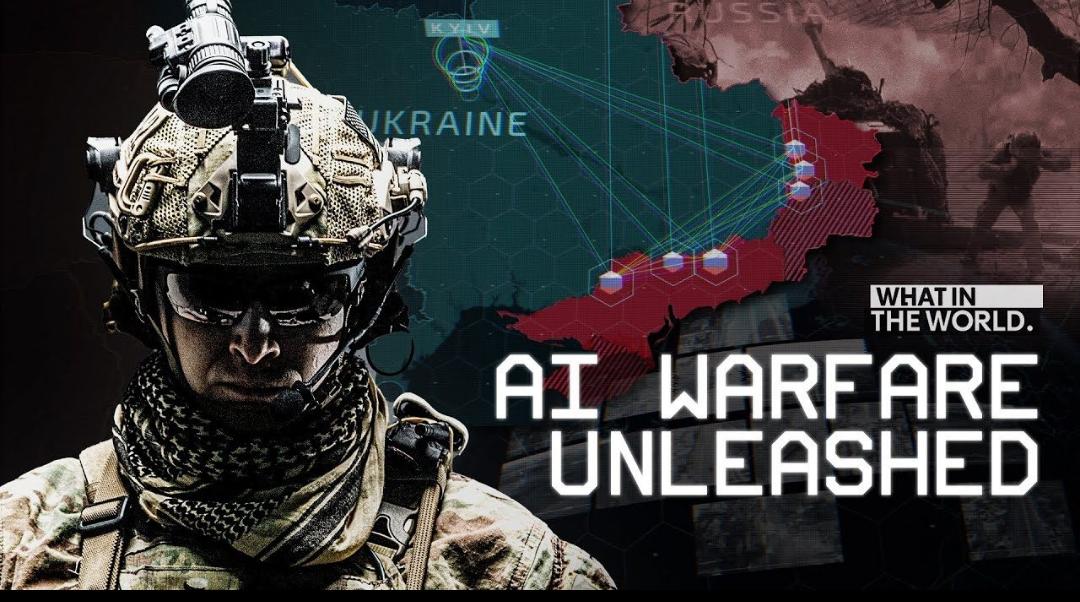Shield AI, a defense technology startup co-founded by former Navy SEAL Brandon Tseng and his brother Ryan Tseng, is making significant strides in the realm of AI-driven military technology. The company has developed advanced AI software designed to autonomously pilot air vehicles, with ambitions to expand into underwater and surface systems. This article explores Shield AI's involvement in Ukraine, its technological advancements, and the broader ethical implications of AI in warfare.
Shield AI's Mission and Achievements
Founded in 2015, Shield AI aims to revolutionize military operations by deploying AI pilots. The company has raised over $1 billion from prominent investors, including Riot Ventures and the U.S. Innovative Technology Fund. Shield AI's hardware offerings, such as the V-BAT drone, are complemented by its cutting-edge software capable of operating without GPS—a crucial feature given the electronic warfare challenges in Ukraine.
Ukraine: A Testing Ground for Defense Technology
Ukraine has become a critical testing ground for U.S. defense tech startups like Shield AI. The conflict has highlighted the limitations of existing technologies, with many U.S.-made drones failing under Russia's GPS jamming tactics. However, Tseng asserts that Shield AI's drones have performed better due to their ability to function independently of GPS. The company is actively working to increase its drone presence in Ukraine based on these successes.
Ethical Considerations in AI Warfare
The use of AI in military applications raises significant ethical questions, particularly regarding autonomous weapons systems. While some industry leaders advocate for fully autonomous weapons, Tseng and Shield AI firmly oppose this notion. Tseng emphasizes that decisions involving lethal force must remain human-centered, aligning with the current U.S. military stance against fully autonomous weapons.
The Future Vision: Ender's Game Scenario
Looking ahead, Tseng envisions a future where a single operator could control vast numbers of drones on the battlefield, akin to the sci-fi classic "Ender's Game." This vision underscores the potential for AI to transform military strategy, allowing for unprecedented levels of command and control without direct human involvement in every decision.
Conclusion
Shield AI stands at the forefront of integrating AI into defense technology, navigating both technological challenges and ethical dilemmas. As the U.S. military and private companies continue to invest heavily in AI, the balance between innovation and ethical responsibility will be crucial in shaping the future landscape of warfare.









